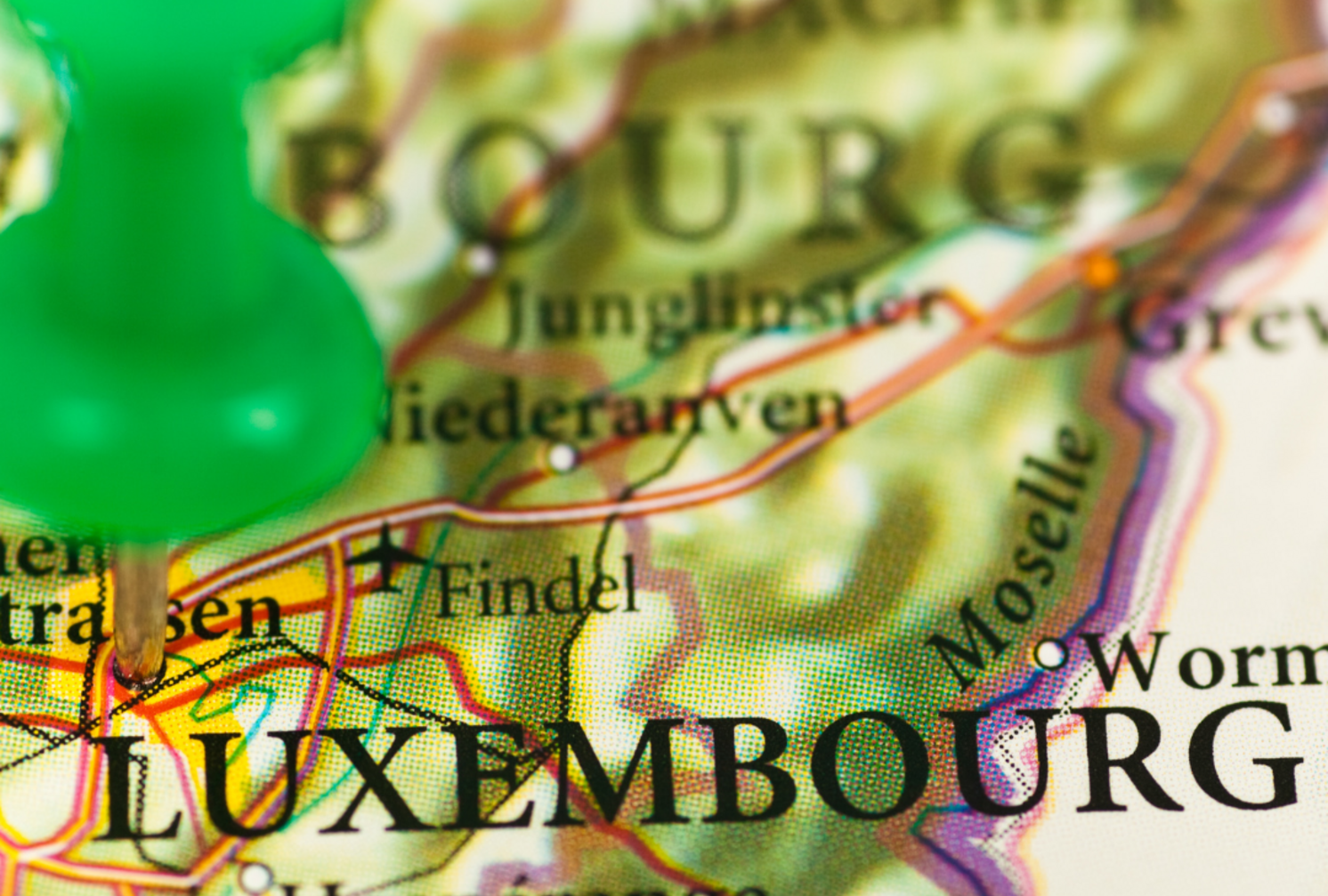
What language is spoken in Prague? Official and spoken languages

Prague official language: what is it?
In the city of Prague, the official language is Czech, spoken by 96% of the population of the Czech Republic. There are approximately 13.4 million people who know and speak the Czech language correctly throughout the world, with naturally the highest concentration in the country, which now has 10.51 million inhabitants. The Czech language is recognised among the official languages of the European Union, following the country's accession in 2004.
The Czech language (in Czech čeština) belongs to the family of Slavic languages belonging to the Indo-European stock, which were introduced to the western part of the European continent through the invasions of the Avars, Magyars, Bulgarians and especially the Huns at the turn of the 5th and 6th centuries.
It is also because of these invasions and the resulting influences that the language spoken in Prague is very similar to Polish and even more so to Slovak. Think, in fact, that the inhabitants of Prague (and of the Czech Republic in general) can communicate and understand each other peacefully with Slovaks, precisely because of the great similarities between the two languages.
It is a different matter, however, for the younger generations, who, not having experienced both languages first-hand, may find it much more difficult to understand.
The origins of the Czech language can be traced somewhat back in time: it is around the 12th century that we find the oldest known written evidence of Czech, which was known at the time as the Bohemian language, and this example was found in the letter Litomerice. Then, during the next century, the Bible was transcribed entirely into Czech for the first time, and from that time on, the language underwent various standardisation processes, mainly based on a 19th century publication by the linguist Josef Dobrovský, widely considered the father of Slavistics.
Online
Language courses
Learn foreign languages effectively and in the comfort of your own home with real teachers!
Get a 5% loyalty discount on your next language study trip!
Varieties of Czech spoken in Prague
Answering the question "what language is spoken in Prague?" by saying that Czech is spoken, however, is not quite correct. In fact, there are actually three different varieties of the Czech language, spoken by the population depending on their geographical location. Each of these varieties has its own phonological and morphological characteristics, and deviates more or less from what we can define as a 'clean' language
- Common Czech: this is the most widely used variety of Czech throughout the country, and in fact has the largest number of native speakers. It is also used in print and media communications, and finds its greatest concentration in the Czech capital. Therefore, to be more precise, we can say that the language spoken in Prague is predominantly common Czech.
- Bohemian dialects: these are a collection of dialects that form a separate variety of Czech, the use of which has decreased dramatically in recent years. This is because the Bohemian dialect is mostly associated with the lower class of the Czech population, and due to this social and public stigmatisation people have over time stopped using it, preferring the application of Common Czech.
- Moravian dialect: this variety of the Czech language is the most common in the Czech Moravian and Silesian regions, and is in turn divided into five sub-dialects (Silesian Cieszyn, Bohemian-Moravian, Lachian, Oriental and Central Moravian).
Other languages spoken in Prague
In contrast to other countries with several main idioms, the official language in Prague is only Czech, and it is the one heard around with a clear prevalence (96% of Czech speakers).
Nevertheless, even here there are small percentages of people who speak other languages, namely Slovak and Polish. Both of these idioms are in fact related to Czech, as they come from the same Western Slavic language group.
Unlike Slovak, the language of Poland is less similar to Czech, although they nevertheless share many common features and it is not so difficult for a person who knows one language to learn the other. In particular, the Polish dialect used here is that of the Gorges, who live in the mountainous region on the border between the Czech Republic and Poland.
Furthermore, before the peaceful revolution in 1989, Russian was taught in Prague schools because it was compulsory to learn it. With time and new laws, the rule was abolished, and today hardly anyone speaks Russian in Prague or the Czech Republic.
Finally, there is also a very small percentage of people who speak Ukrainian, Vietnamese and German, due to the minorities that regularly live in the country
Prague spoken language: characteristics of Czech
So, the only language really spoken in Prague is Czech, which, by the way, has some very unique characteristics. In fact, for a person who is not a native speaker, it is reallydifficult for a non-native speaker to reproduce the sounds of Czech phonetics and to be able to speak the language fluently.
Vowels are heard very little, and this peculiarity has given rise to tongue twisters that are really impossible for us. An example?
"The wolf froze and swallowed a handful of grains"
Yes, it really is a sentence, and it means: 'the wolf froze, he ate a handful of wheat'. This alone is enough to understand how difficult it can be to learn Czech, but there are many more obstacles, starting with sounds that only exist in this language, such as ř, which is practically impossible for a non-native speaker to reproduce.
As far as grammar is concerned, on the other hand, there are no articles in Czech and, above all, it is an inflectional language, like most Slavic languages: this means that nouns are declined by case, gender and number just like in Latin. On the other hand, verbs are simpler than even the Italian language, because there is only a present, a past and a future.
The Czech language uses the Latin alphabet modified to be able to reproduce certain sounds that are absent in other languages that use it: the Czech alphabet thus consists of 32 letters including vowels and consonants. To give a few examples, the c, which is pronounced like our mosquito's z, the č, similar to the c in dinner, and the ch, which corresponds exactly to an aspirated acca in English, are considered distinct letters.
Prague spoken language: useful words and phrases
If you are going on a trip to the Czech capital, you should have no problem communicating in English. Prague attracts millions of tourists from all over the world every year, and especially in the most popular areas of the city it will not be so strange to find shopkeepers, waiters and hoteliers with whom you can communicate comfortably in English. Perhaps a good online English course before you leave could be useful so that you don't have any problems whatsoever.
But if you want to put yourself to the test and challenge your adaptability, why not use the official language in Prague and make an effort to communicate in Czech with the people you meet on your way? Here are some words and phrases that may come in handy during your trip:
| ● Dobrý den = hello |
| ● Prosím = please |
| ● Děkuji = thank you |
| ● Dobré ráno = good morning |
| ● Dobré odpoledne = Good evening |
| ● Dobrou noc = good night (note the similarity with 'dobranoc', the same word but in Polish) |
| ● Prominte = Excuse me, sorry |
| ● Jak sa mate? = how are you? |
| ● Na shledanou = Goodbye |
| ● Ne = no |
| ● Ano = yes |
| ● Kolik to stojí? = How much is it? How much is it? |
| ● Nemluvim česky = I don't speak Czech (very useful if someone approaches you and starts talking to you in this impossible language!) |
| ● Nerozumím = I don't understand |
| ● Kde je...? = where is...? |
| ● Kolik je hodin? = How much is it? |
| ● Toalety = bathroom, toilet |
| ● Víno = wine |
| ● Pivo = beer |
| ● Mléko = milk |
| ● Chléb = bread |
| ● Maso = meat |
| ● Voda = water |
| ● Kachna = duck |
| ● Kuřeci = chicken |
| ● Krůti = turkey |
| ● Bezmasa jídla = meatless dishes (useful if you are a vegetarian abroad desperately looking for dishes you can eat, especially in places like Prague where a lot of meat is consumed) |
| ● Ryby = fish |
Although many people in the tourist industry speak English, efforts in the Czech language will be greatly appreciated in the capital, especially in smaller, more typical establishments. Although they will be happy to have you there and to hear you speak in their language, however, don't be disappointed if you find their manners a bit brusque: the Czechs are much less expansive than we are, and we might find them very cold and almost annoyed to have us there. It's just a matter of different cultures, and it's a difference we also found when we looked at the languages spoken in Amsterdam: in general, people from northern Europe are more reserved than us, who are notoriously among the warmest and most expansive populations.


